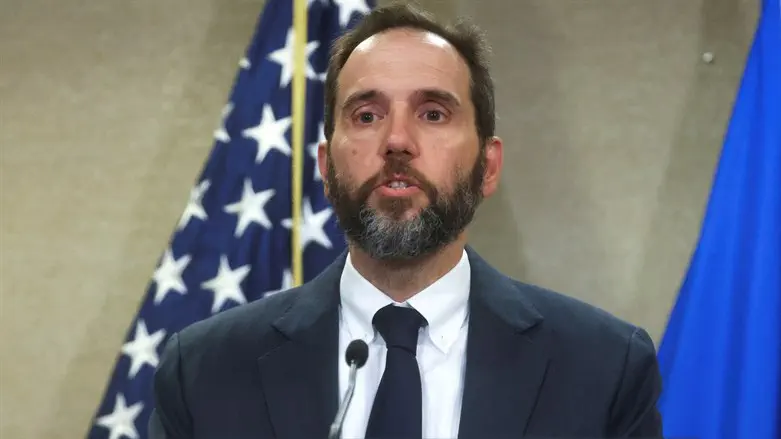
Special counsel Jack Smith on Wednesday asked a federal appeals court to pause proceedings in his effort to overturn a judge’s decision to dismiss the criminal classified documents case against President-elect Donald Trump and two other defendants, NBC News reported.
Smith’s request cited Trump’s election last week to a second term in the White House.
On Friday, the special counsel cited that same reason in asking a federal judge in Washington, D.C., for a pause in proceedings in another criminal case, where Trump is charged with crimes related to an attempt to reverse his defeat in the 2020 presidential election. That request was granted.
Both moves reflect the expectation that the Department of Justice will drop both criminal cases against Trump because of his election, noted NBC News.
DOJ policy says that the department cannot criminally prosecute a sitting president, but even if that policy was not in effect, Trump has the power as president to order his attorney general, who will head the DOJ, to toss out both cases.
Trump had been accused of illegally keeping classified documents at his Mar-a-Lago home in Florida after he left office. Trump faced 37 counts in the case, including 31 counts of willful retention of national defense information.
In July, Florida federal court Judge Aileen Cannon dismissed the classified documents case against Trump, ruling that Smith’s appointment as special counsel by Attorney General Merrick Garland, who heads the DOJ, violated a clause in the US Constitution that regulates how government officials are appointed.
Smith had initially asked the 11th Circuit US Court of Appeals to overturn Cannon’s ruling, but in its filing on Wednesday, his office wrote, “As a result of the election held on November 5, 2024, one of the defendants in this case, Donald J. Trump, is expected to be certified as President-elect on January 6, 2025, and inaugurated on January 20, 2025.”
“The Government respectfully requests that the Court hold this appeal in abeyance— and stay the deadline for the Government’s reply brief, which is currently due on November 15, 2024 — until December 2, 2024, to afford the Government time to assess this unprecedented circumstance and determine the appropriate course going forward consistent with Department of Justice policy,” the filing said, according to NBC News.
